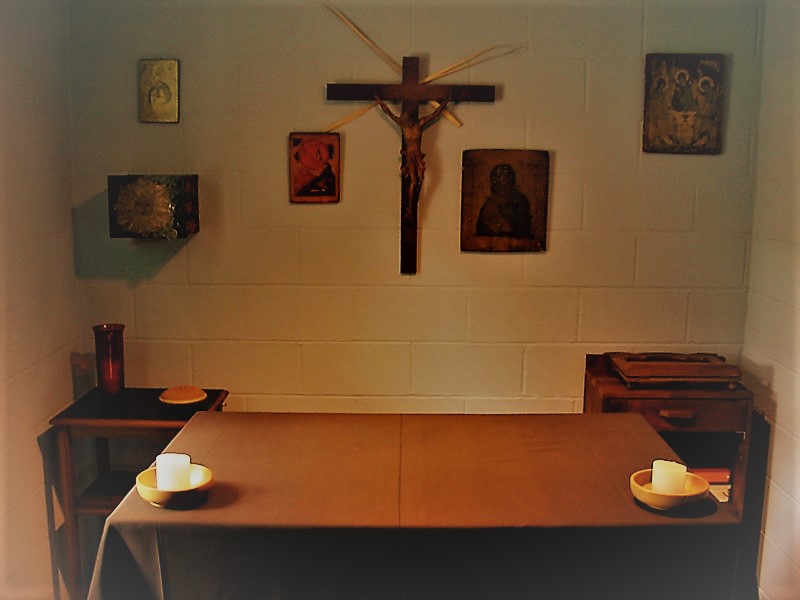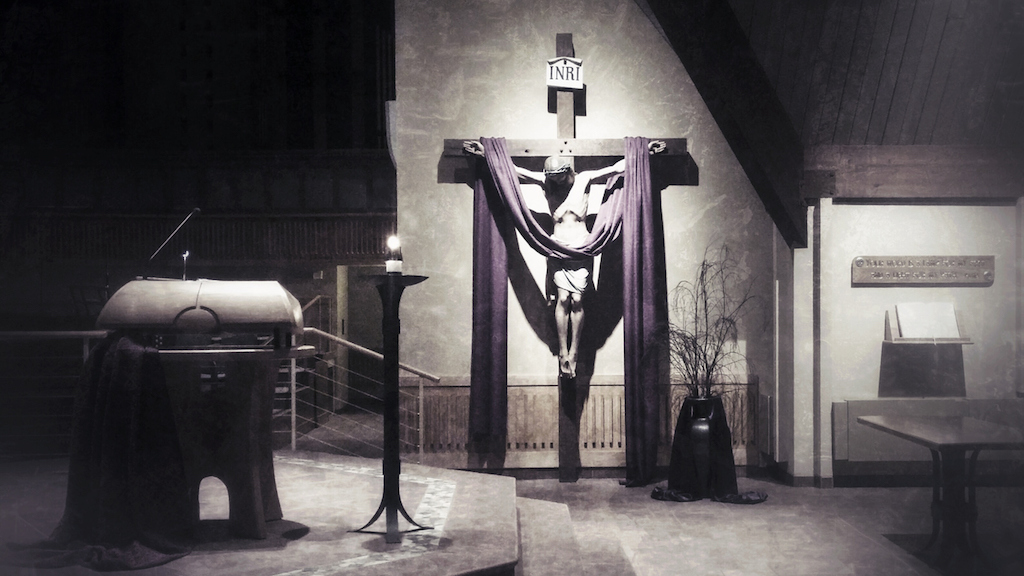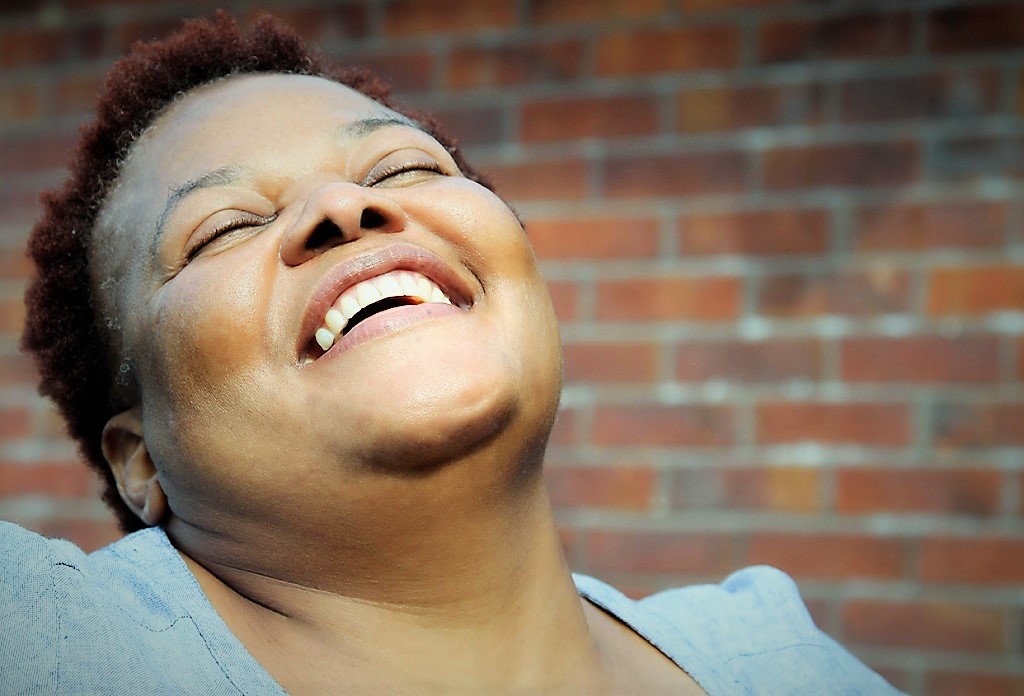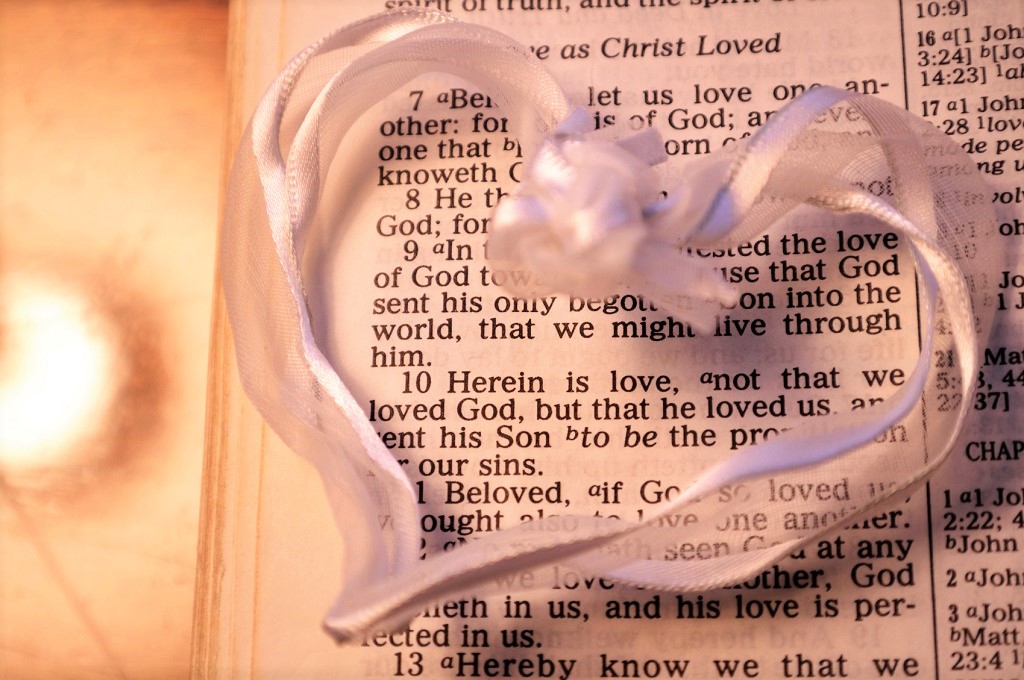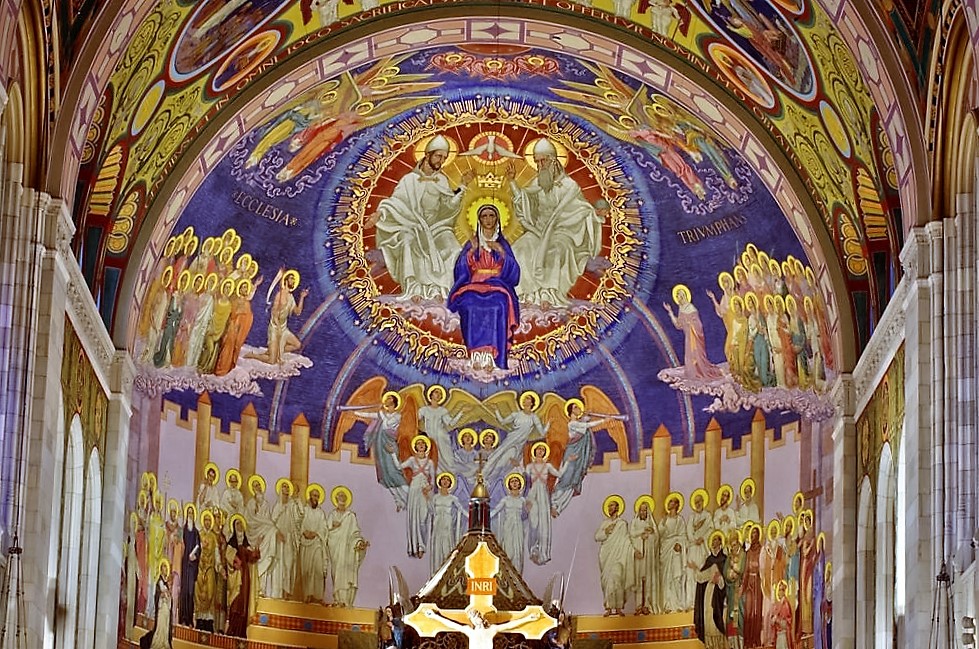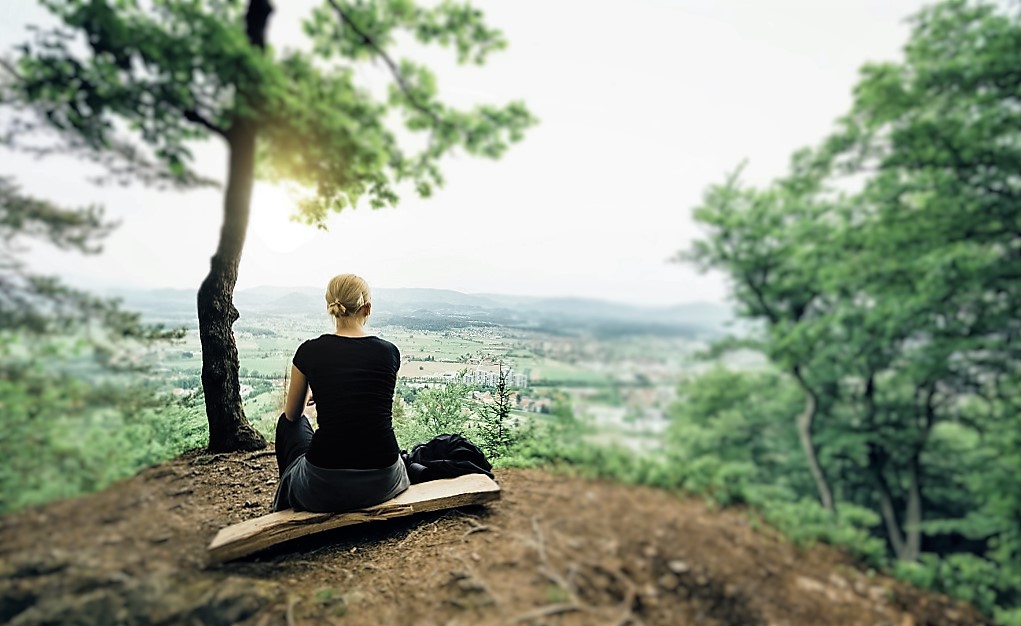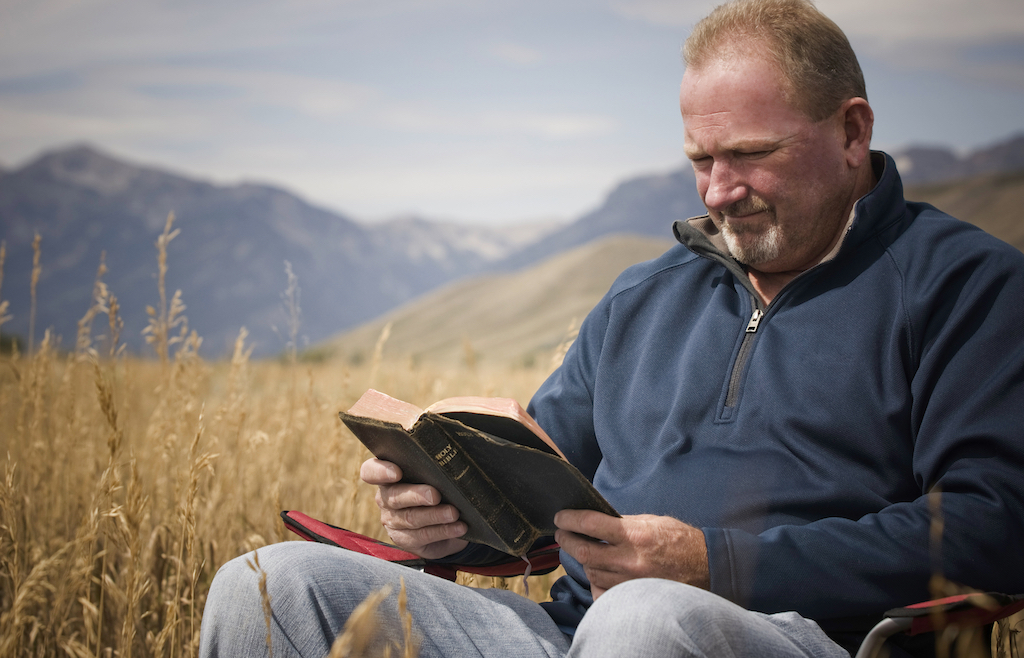The only hermits left in the world are hermit crabs, right? Nope – the Church still has hermits around the world. What exactly IS a hermit?
According to the Catechism of the Catholic Church (which, by the way, refers to this life as the “eremitic life’), hermits “devote their life to the praise of God and salvation of the world through a stricter separation from the world, the silence of solitude and assiduous prayer and penance.” Hermits (a term that can refer to either a man or woman) live apart from everyone. Some live under the care of religious orders (such as Carmelites and Trappists), living in community, while withdrawing from the world. Hermits do not take necessarily take religious vows.
Author Theresa Thomas describes her sister Mary’s life as a hermit in our modern world:
The hermit’s life of silence and solitude is not absolute. Mary’s life follows a plan of life daily including times of complete silence/solitude, but also allows for times of “work” which can include manual labor, language study, works of mercy if a dire need arises, personal spiritual growth, and some very limited spiritual correspondence/direction with people seeking help, as well as occasionally giving retreats or talks, all under the direction of the bishop.
Mary lives a simple life. She dresses plainly, although she has no formal “habit”. Some of the younger nieces and nephews (she has more than 50) call her “Auntie Brown” because of the shades-of-brown clothes and sandals or boots that she wears most of the time. She’s allowed to have some visit time – just not much, and she doesn’t attend social events, parties or get togethers, as a general rule.
The life of a hermit is deeply rooted in Christian history. St. John of the Cross, known for his classic spiritual writing The Dark Night of the Soul, lived as a hermit in Egypt in the 4th and 5th centuries. There are hermits among us today, but the very essence of their life means they are hidden. We will not see their lives broadcast on social media or the evening news.
Father Cyprian Consiglio is the prior of the New Camalodi Hermitage in Big Sur, Calif., a community of 16 hermits who try to spend half of their day in community work and the other half in personal prayer and study…
Solitude is primary spent in each of the hermit’s personal cells. The cells in a Camaldolese hermitage are separated from each other and have a garden. These physically separate dwellings make the hermitage look something like a monastic village, according to Brother Ignatius Tully.
“Each of our cells has a sleeping area, chapel, bathroom, a central space for daytime activities or studies,” he said.
Sister Mariam, a hermit in Oregon, begins her day at 4 a.m. and continues to pray both formally and informally until 8:30 in the evening. She says that being apart from the world means fewer distractions. It also means one has a lot of time to work on their own sinfulness.
“Basically our broken humanity needs to undergo a deep cleansing and purification process, especially if we desire to dwell in deeper union with God,” Sister Mariam says.
On the other hand, she says, it’s a relief to know we’re not perfect.
“I was broken, but I learned that our God is the most tender, most gracious, most loving God and spouse,” she says. “If we don’t run away and if we continue to say ‘fiat,’ (so be it), he gently, ever so gently, takes us through our bumbling, our vulnerability, our dysfunctions and our woundedness and creates us anew, into the image and likeness that we were first created in. Believe me, this is no easy work. It is the cross.”
While very few are called to the eremitic life, we can all learn something from these souls. The need to shut out the world and connect with God is a necessary part of the Christian life. Scripture, prayer and silence: they’re not just for hermits.
